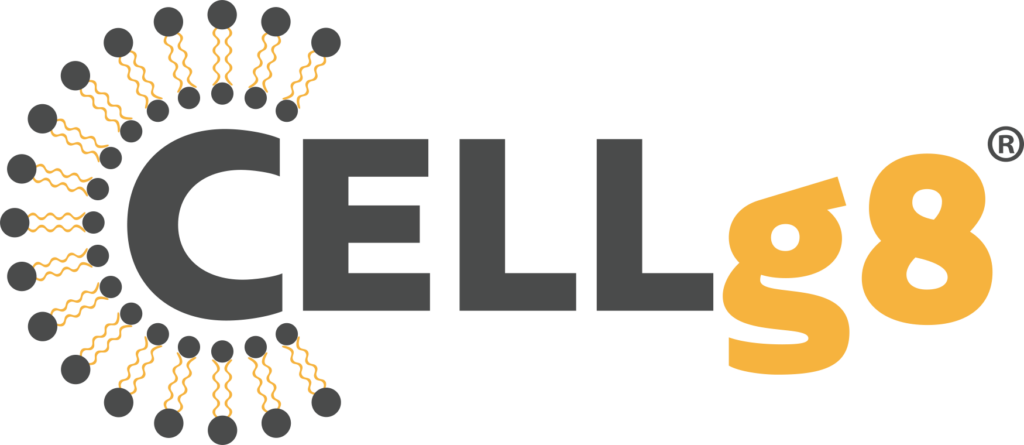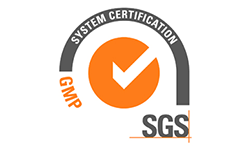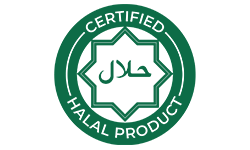The global vitamin supplements market has been witnessing robust growth in recent years, driven by increasing consumer awareness about the benefits of vitamins in daily diet and rising health-consciousness. According to a recent report by Grand View Research, the market size was valued at USD 44.12 billion in 2020 and is expected to grow at a compound annual growth rate (CAGR) of 6.2% from 2021 to 2028.
Key Highlights
- The global vitamin supplements market is witnessing significant growth due to rising health-consciousness and increasing preference for vitamins in daily diet.
- Tablet form is the easiest way of vitamin supplement consumption, and it is widely consumed by adults across the world.
- Capsule form is the second-most consumed form of supplement and has a faster absorption rate than tablets, but is more expensive.
- Powder form is gaining popularity among consumers due to its ease of consumption and customizability.
- Softgel form is preferred for fat-soluble vitamins due to its better absorption rate.
- Vitamin supplements can help combat lifestyle-related diseases in North America, where the market is dominant, and multivitamins have emerged as a significant segment.
- Research has shown that vitamin supplements can be particularly beneficial for individuals who are unable to meet their daily nutrient requirements through diet alone.
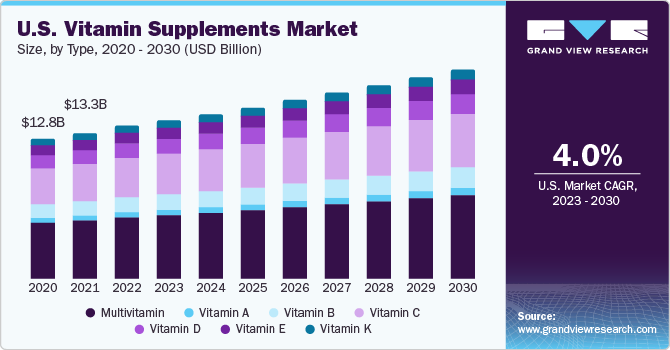
Factors Driving the Market
There are several factors driving the growth of the vitamin supplements market. Firstly, rising health-consciousness among consumers is one of the primary drivers. Consumers are becoming more aware of the importance of vitamins in daily diet and are seeking ways to improve their overall health and well-being.
Secondly, the increasing preference for vitamins in daily diet is another factor driving the market. With the availability of a wide range of vitamin supplements in the market, consumers can choose products that cater to their specific health needs.
Thirdly, the growing popularity of online channels for the purchase of vitamin supplements is driving market growth. Online channels offer convenience, competitive pricing, and a wide range of products to choose from, which is driving consumer preference towards online channels.
Discover the Benefits of Dietary Supplements: A Comprehensive Guide to Vitamins A, B, C, D and E
Vitamin A is beneficial for muscular and ophthalmic health, while vitamin E helps repair DNA and strengthen the immune system. Vitamin D is necessary for bone health, and vitamin B is available as B-complex products and individual supplements of B1, B2, and B12, intended to be used for specific ailments. For instance, Vitamin B12 aids in the prevention of megaloblastic anemia.
The demand for dietary supplements is driven by factors such as increasing healthcare costs, burgeoning aging population, and rising interest in attaining wellness through diet. Multivitamin supplements, in particular, are widely consumed by working professionals and sports athletes.
Consumer interest in dietary supplements has also been fueled by the growing popularity of online channels for the purchase of these products. Online channels offer convenience, competitive pricing, and a wide range of products to choose from, which is driving consumer preference towards online channels.
The Rising Demand for Multivitamin Supplements in the Global Market
The global multivitamin supplement market has been growing at a rapid pace, with the segment accounting for over 40% of the global revenue in 2020. Multivitamin supplements are a combination of minerals and vitamins, and at times, other ingredients too. According to the World Health Organization (WHO), over 2 billion people worldwide suffer from vitamin and mineral deficiencies. To fulfill this deficiency, many people rely on multivitamin supplements that provide complete nutrients to maintain energy levels.
The increasing awareness regarding health and wellness has resulted in consumers preferring food products infused with vitamins that offer added health benefits. This shift in consumer preferences is likely to move the attention from medical treatments to preventive care products. Various awareness campaigns run by government agencies, non-governmental organizations, and companies across the globe have helped consumers understand the importance of nutritional benefits of multivitamin supplements, which is projected to fuel the market growth.
The demand for multivitamin supplements is increasing across the globe as a complete pack of vitamins. Increased consumer awareness regarding the importance of adequate immunity amid the outbreak of the COVID-19 has increased the demand for immunity-boosting food and dietary supplements. This shift in consumer behavior is likely to expand the size of the multivitamin supplements segment in the coming years across the world.
Multivitamin Supplements Market Trends
The global multivitamin supplement market is expected to grow at a CAGR of 6.4% from 2021 to 2028. The market is driven by factors such as the increasing demand for vitamins and minerals among consumers, growing awareness of preventive healthcare, and rising cases of vitamin deficiencies. Furthermore, the growing popularity of sports nutrition and dietary supplements among athletes and fitness enthusiasts is driving the demand for multivitamin supplements. In addition, the increasing number of health-conscious consumers has resulted in the expansion of the market.
On the other hand, the market growth is restrained by the high cost of premium products, lack of awareness in developing countries, and the presence of counterfeit products in the market. Additionally, some consumers prefer natural sources of vitamins and minerals, such as fruits and vegetables, instead of supplements, which may hinder the growth of the market.
Multivitamin Supplements Market Segmentation
Based on product type, the global multivitamin supplement market is segmented into tablets, capsules, powder, liquid, and gummies. Among these, the tablet segment dominated the market in 2020, followed by capsules. Tablets and capsules are the most popular forms of multivitamin supplements, owing to their convenience and ease of use.
On the basis of distribution channels, the market is categorized into retail stores, supermarkets, online sales, and others. The retail stores segment held the largest share of the market in 2020, followed by online sales. With the increasing popularity of e-commerce, the online sales segment is expected to grow at a rapid pace during the forecast period.
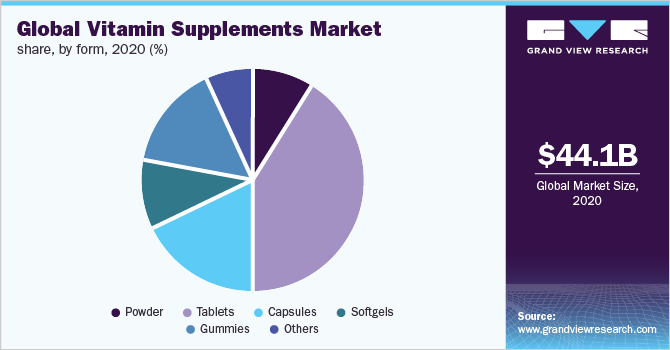
The Growing Demand for Vitamin Supplements: A Comprehensive Analysis
Vitamin supplements have been gaining popularity in recent years, owing to their numerous health benefits. With the rise in the number of people who are health-conscious, the global vitamin supplements market has witnessed a significant surge in demand. In 2020, the tablet segment dominated the market and accounted for over 40.0% share of the global revenue. This can be attributed to the fact that tablets are one of the easiest ways of vitamin supplement consumption and are widely consumed by adults across the world.
The demand for vitamin supplements is expected to increase over the forecast period owing to the various factors that drive their consumption. Although the natural coating provides better dissolution, some other factors determine the absorption on the basis of efficacy and quality. All these factors are expected to drive the demand for vitamin supplements in the form of tablets over the forecast period.
Tablet Form: The Easiest Way of Vitamin Supplement Consumption
Tablet form is one of the easiest ways of vitamin supplement consumption. It can be consumed based on prescription and non-prescription as well. Tablets are easy to swallow and come in all types of vitamins. They are widely consumed by adults across the world. However, vitamin gummies are expected to witness higher growth in the forecast period. Gummies are gaining popularity among the elderly population and kids owing to their softness and wide flavor profile.
Cost-Effectiveness of Tablets and Longer Shelf Life
Tablets are the most commonly used type of vitamin supplement owing to their cost-effectiveness. Manufacturers can pack the most amount in a given space in tablet form, making them more affordable. Moreover, tablets have a longer shelf life as compared to capsules, making them more durable. Softgels, powder, and capsule forms of vitamin supplements are expected to witness considerable growth over the forecast period.
Capsule Forms: The Second-Most Consumed Form of Supplement Across the World
Capsule forms of vitamin supplements are the second-most consumed form of supplement across the world. They are made from gelatin or vegetable-based materials and are available in a wide range of sizes and shapes. Capsules are easier to swallow as compared to tablets, and they have a faster absorption rate. However, capsules are more expensive than tablets owing to their higher manufacturing costs.
Powder Form: The Growing Trend in Vitamin Supplements
Powder form of vitamin supplements is gaining popularity among consumers owing to their ease of consumption. They can be easily mixed with water, juice, or any other beverage. Powder form supplements are more customizable, as they allow for adjusting the dosage based on individual requirements. They are also free from additives and preservatives, making them a healthy option.
Softgel Form: The Preferred Choice for Fat-Soluble Vitamins
Softgel form of vitamin supplements is preferred for fat-soluble vitamins like Vitamin D, E, and K, owing to their better absorption rate. They are made from gelatin and are easy to swallow. Softgels have a faster absorption rate than tablets and capsules, making them an ideal choice for individuals with digestive issues.
How Vitamin Supplements Can Help Combat Lifestyle-Related Illnesses in North America
North America is the dominant player in the global supplement market, holding a revenue share of over 30.0% in 2020. However, with the increasing prevalence of obesity and lifestyle-related illness in the region, there is a pressing need for individuals to take a more proactive approach to their health. One way of achieving this is by incorporating vitamin supplements into their diets.
Unhealthy diets, increased disposable income, and access to a variety of processed and ready-to-eat foods are some of the factors responsible for the rise in lifestyle-related diseases in North America. As such, it has become essential for individuals to adopt a more holistic approach to their health by consuming functional foods and supplements that provide a wide range of health benefits beyond basic nutrition.
Fortified, enhanced, enriched, and enhanced foods, as well as nutritional supplements, are examples of such functional foods. They contain additional nutrients that are not typically found in everyday foods and can have favorable influences on health when consumed regularly as part of a varied diet.
Multivitamins have emerged as a significant segment in the North American market for vitamin supplements. This is due to the rising awareness regarding their benefits in overall health and bodily maintenance. Multivitamins contain a combination of essential vitamins and minerals, which can help individuals to maintain their daily nutrient requirements.
In addition to multivitamins, other vitamin supplements such as Vitamin D, Vitamin B12, and Vitamin C have been found to have numerous health benefits. Vitamin D helps the body to absorb calcium, which is essential for bone health. It also plays a crucial role in maintaining a healthy immune system. Vitamin B12 is essential for the formation of red blood cells and the proper functioning of the nervous system, while Vitamin C helps to support the immune system and reduce the risk of chronic illness.
Research has shown that vitamin supplements can be particularly beneficial for individuals who are unable to meet their daily nutrient requirements through diet alone. This is especially true for those who follow a vegetarian or vegan diet, as these diets can be deficient in certain vitamins and minerals.
References
https://www.grandviewresearch.com/industry-analysis/vitamin-supplements-market-report
